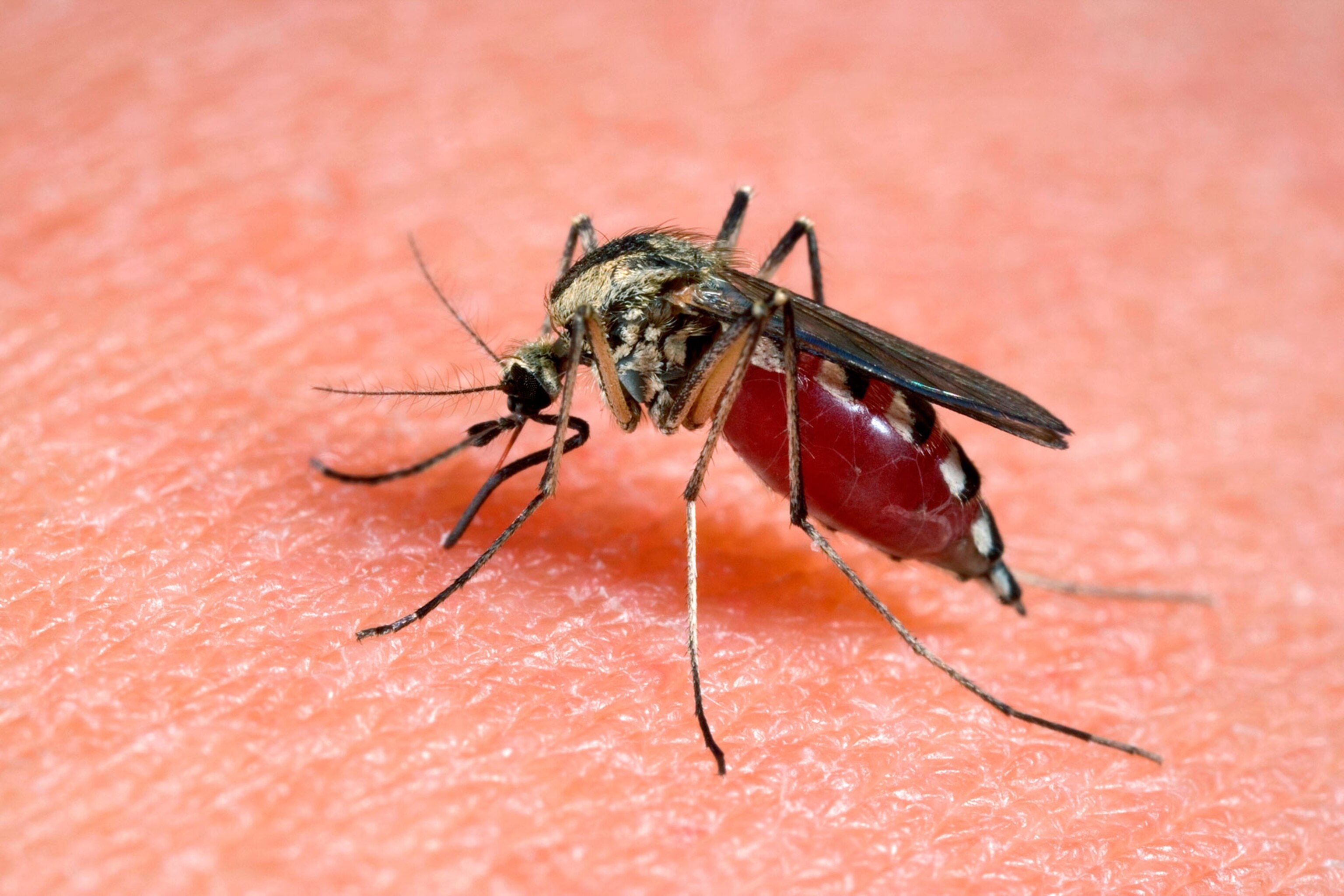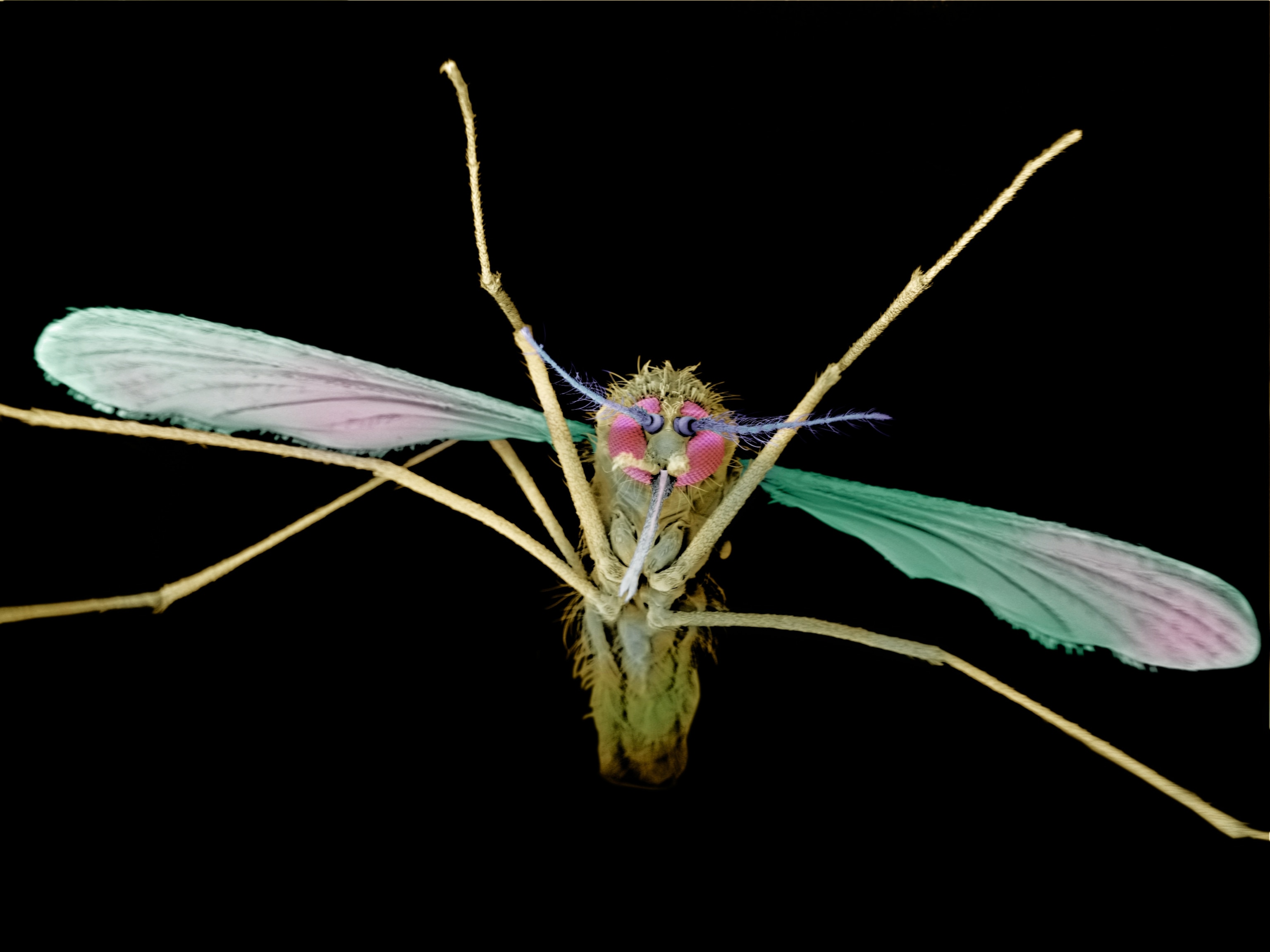
CDC Director: ‘This Is No Way to Fight an Epidemic’
In an exclusive conversation, the CDC’s Tom Frieden talks about the unknowns of Zika after Congress neglects the funding needed to fight it.
Zika, the perplexing mosquito-borne virus that causes the life-altering birth defect microcephaly, has so far infected 1,306 known people in the continental United States and another 1,610 in U.S. territories, including 649 pregnant women.
But last week, Congress began its seven-week summer recess—without approving a supplemental appropriation that would have contributed more than $1 billion to the fight against the virus.
Since the request for money was first made in February by President Barack Obama, the Centers for Disease Control and Prevention and other public health agencies have warned that failing to fund the Zika fight would have dire consequences. With new money off the table until at least September—and, given the election season, possibly far longer—I talked to CDC director Thomas R. Frieden about what happens next.

First, what does the newest Zika case in Utah, in which one family member appears to have infected another, say to you about what we don’t know about Zika now?
It is remarkable how surprising Zika has been. This is the first time we have had a mosquito-borne infection that can cause a devastating birth defect. It is the first time we have had a mosquito-borne infection that can be sexually transmitted. And if the Utah investigation confirms person-to-person spread, it will be the first we have had person-to-person transmission of a virus of this type.
I understand it’s early in the investigation, but do you expect this case will cause you to issue any new warnings about Zika to health care?
The way we work in public health is, we make the best recommendations and decisions based on the best available data. We wish we knew everything at the outset, but we don’t have the luxury of waiting until we know more. Right now we don't see a need to change our recommendations, but we will certainly be looking at all aspects of care to ensure our recommendations are as protective as possible.
At the end of last week, Congress went on recess without approving any funding to fight Zika—neither the $1.9 billion that President Obama asked for in February nor the $1.1 billion lawmakers had compromised on. They will be gone for seven weeks, which happens to be most of mosquito season. Your reaction?
Mosquitoes don't go on summer break. This is no way to fight an epidemic.
We would like to begin really important activities that will help us, for instance, better understand the long-term impact on infants born to mothers who are infected over the long term. We would like to improve our ability to diagnose Zika. We’d like to have better ways to control mosquitoes. Those are all going to take significant effort and significant time, and we are not able to get the aggressive start on them we would like to.
Mosquitoes don't go on summer break.Thomas R. Frieden, CDC Director
Some of that supplemental appropriation would have funded not just the CDC’s work on Zika but also what state and local health departments can do to combat the virus. What are you hearing from them?
They are very disappointed that they won't see significant additional resources coming for the whole period of the Zike outbreak—and possibly for the next year or two. There’s a similar reaction from the vaccine companies: They expected to see robust support for development of a vaccine. The only winner from the failure of the supplemental is the Zika virus.
Are you concerned there will be further blocks on funding when Congress comes back? Or, worst case, the possibility of a government shutdown if an agreement on spending can’t be reached—as happened, for instance, during a major Salmonella outbreak in 2013?
I hope a shutdown is very unlikely. The one that occurred a few years ago was extremely stressful: We had to put on hold many of our disease-tracking systems. We had to furlough 8,500 staff. What a ridiculous thing to have to do. I vividly remember walking around the agency, just to encourage people, and I got to our core lab facility and it was empty. There was no one there. And an alarm was going off on a piece of laboratory equipment. It was like something out of a scary movie.
But in terms of what may happen in the fall: The likelihood is that there will be a continuing resolution, and it is unclear whether there will additional dollars for Zika in that continuing resolution. I would hope there will be.
Do you see any way out of this perpetual trap of outbreak funds being held hostage?
There is legislation now in both houses of Congress, with support from both sides of the aisle, for some sort of infectious disease rapid-response fund. Some people are referring to it as a FEMA for public health. This is really important. Here we are, six months after we told Americans not to travel if they were were pregnant because of this virus, and we haven't been able to mount as robust a response to it as we should have been able to. I hope Congress will act quickly on the proposed legislation and give us the two things that would be essential for the success of a rapid-response fund: money and the authority to act very efficiently in emergencies, just as FEMA has.
Have you had to cannibalize other programs to make sure you can meet the Zika threat?
Sure. We had to take money from state health departments, who have told us they may not be able to hire the staff or respond to other emergencies. We didn't do that because we thought that was less important; we did it because it was the only money we had access to. We also had to take money from our Ebola dollars, which we really need to continue to control Ebola in West Africa. We continue to see the embers of Ebola flaring in West Africa, and each one of those could reignite an epidemic if we are not there to stop it. We really do need those resources replenished.
Given what you know now, and also what you haven’t been able to find out yet, how concerned about Zika should Americans be?
The really important thing to be clear about is that Zika is an unprecedented threat to pregnant women. Pregnant women who are in the continental United States shouldn't travel to places where Zika is spreading. Pregnant women who are in places where Zika is spreading should do everything they can to avoid mosquito bites. And we as a society need to do everything we can to control Zika; that means learning more about it, that means controlling mosquitoes more effectively, that means achieving a vaccine.
More generally, Zika is an example of the kind of problems that we are likely to continue to face. And it emphasizes why it is so important that we both strengthen other countries’ ability to find and stop diseases before they spread widely and also improve our own ability to respond.







